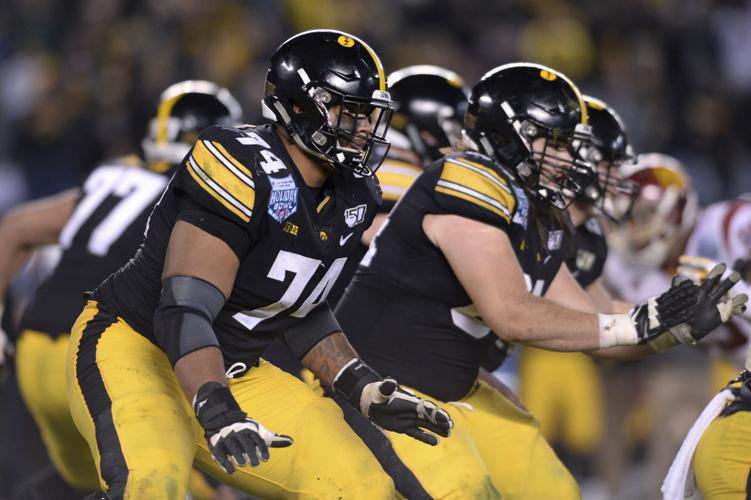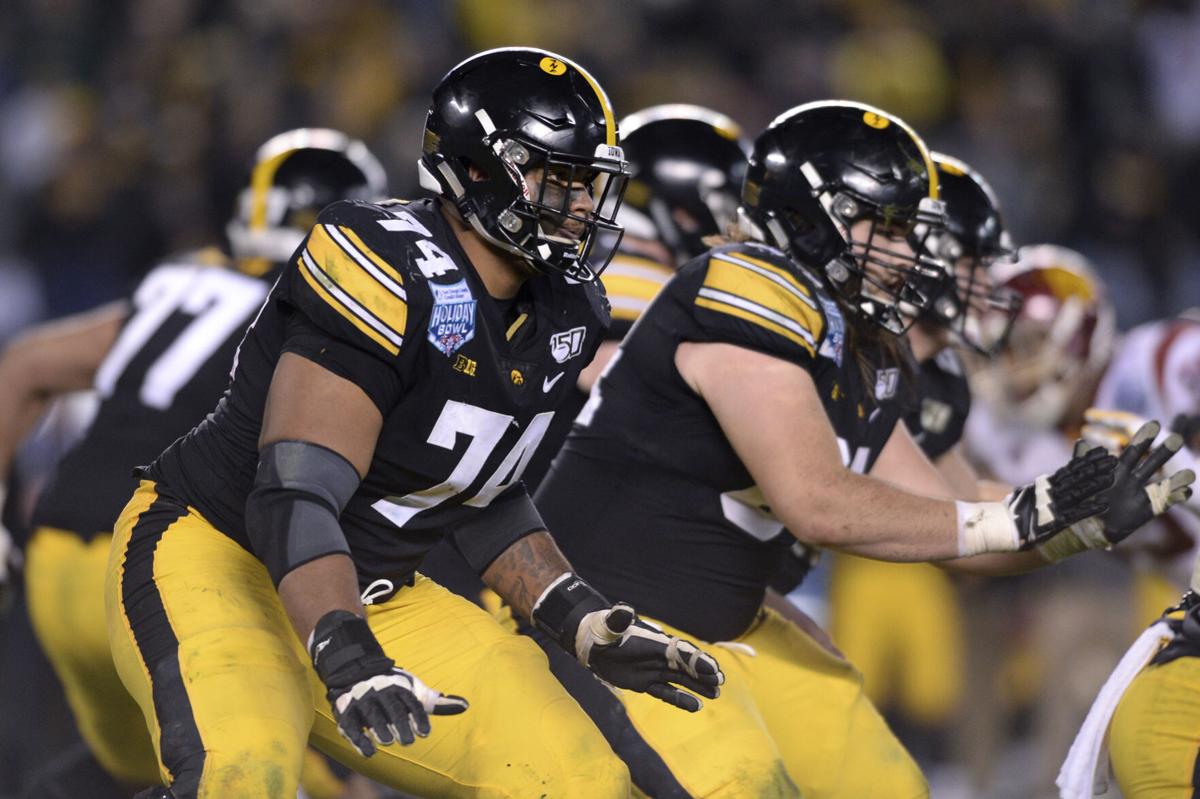During a long-ago era when reporters were permitted to attend college football practices, there was an unspoken agreement. Sort of like: “what you see here and what you hear here, stays here.”
Over the years, I heard it all. Some of it made me sick, but most of it was nothing more than old-school coaching, get-tough, be-a-man stuff that I first experienced in my high school days.
A few crossed the line. At one hard-to-forget UA practice, a coach began shouting F-bombs while sprinting to get nose-to-helmet with a young ballplayer.
“Remind me why I recruited you!” the coach yelled. “You dumb bleep!”
This happened five yards from where I stood. Even in an age when abusive language went unpunished in college football, it stunned me. I was angry. Helpless. I looked at other coaches and players. No one said a word.
What I considered an offense that should’ve resulted in the coach being reprimanded or suspended was business as usual. It was just another day at the ballpark.
For 100 years, college athletes had no voice and almost no way to fight back. For 100 years, there has been an unspoken code among football players that you are loyal to the team; if you don’t like the coach — if you can’t tolerate the coach’s actions — just walk away.
The team comes first.
That is now starting to change, in football and other sports.
In June, a group of former Iowa football players spoke out against the school’s football culture, a showdown with head coach Kirk Ferentz that ultimately led to the departure of a strength and conditioning coach. This month, football players from the Pac-12 and Big Ten united to insist on improved safety conditions and increased scholarship benefits.
This isn’t 1975 or even 2005 any more in college sports. Athletes are finding a voice.
My intuition is that this is just the beginning of a new model of college athletics at Iowa and, inevitably, everywhere. Athletes will no longer remain silent if they feel violated. If a coach disgraces you in front of your teammates, it should no longer be tolerated.
On Sunday, the Star published a balanced piece about eight former UA track and field athletes who detailed incidents of various types of abuse, bullying and assault. I found their assertions to be well-documented and presented in a professional tone.
This isn’t someone looking for a payday. The former Wildcat athletes have not pursued litigation. In an email to the Star, they wrote that their purpose is “accountability rather than reparations.”
The next move is up to the UA — and ultimately other universities — to improve its capacity to investigate claims from athletes who feel they have been treated unfairly and illegally.
These are just the first steps. Put it this way: the UA’s Office of Institutional Equity (OIE), which investigates complaints against UA employees, has a mere six full-time employees and one investigator as listed on its web page. That’s it. Yet the university has more than 4,000 employees. Talk about being overmatched.
By comparison, the UA athletic department’s fundraising arm lists 21 full-time employees on its website: revenue generators, donor stewards, you name it.
Isn’t this backward?
How will the OIE, with such limited resources, be able to reach a timely and fair decision about claims that UA track and field coaches failed to stop abuse and bullying — and that executives in the athletic department failed to promptly report such incidents to the OIE, as well as to the school’s Title IX office?
The UA’s Title IX office lists just 12 full-time employees in an institution of about 45,000 students.
By comparison, the UA football department has 24 full-time employees on payroll.
Again, it will take time for universities to properly staff their OIEs and Title IX departments.Not only that, the procedures of the OIE are complicated and must follow strict legal protocol.
It raises this question: How many of the UA’s 500 or so athletes even know how to proceed if they feel violated by a coach or an athletic department employee? The school can’t act soon enough to require mandatory attendance at seminars about how to deal with the OIE or Title IX officials.
This has to be fair and clear both ways.
The man under whose watch these allegations occurred is head track and field coach Fred Harvey. Since he was hired at Arizona 33 years ago, Harvey has been, in my opinion, a man of honor much like some of the most respected coaches in UA history, such as Frank Busch, Dave Murray, Dick Tomey and Jerry Kindall. I do not hesitate to put Harvey in that company.
He might have one of the most difficult jobs on campus. Last year, there were 77 total athletes, men’s and women’s, in the UA track and field program, of which Harvey commands. He has five full-time assistant coaches and a director of operations.

UA track coach Fred Harvey, with Olympian Georgeanne Moline in 2018, may have one of the toughest jobs on campus. He has only five full-time assistant coaches to lead 77 total athletes.
There is no common practice time for track and field athletes, as there is with football and basketball teams. The distance runners work out on a separate schedule. So do those who high jump and pole vault. Those who throw the discus and shot put often work out independent of the rest of the squad. Harvey must put his trust in his assistant coaches to conduct themselves according to his — and the school’s — standards.
Harvey is not a man with a needy ego or me-first approach. He is one of 10 children from a single-parent home on the poor side of San Jose, California, a self-made man who watched as four of his older siblings served time in jail.
“It was very difficult to see me living to reach 30 years of age,” Harvey told me in 2011. “There was big trouble in my neighborhood.”
Harvey overcame his surroundings. Before arriving at Arizona, he worked as a corrective therapist at a school for developmentally disabled students.
He is not a name-caller. He is not insensitive. He cares, which you can’t say about every coach.
I believe with confidence that Harvey would never tolerate abuse or body shaming, of which his program now stands accused. He would be the first to oppose it.
Yet the UA’s OIE and Title IX operations, however staffed, are charged to investigate claims that the school’s track and field program — and to a lesser degree, its athletic administration — failed its athletes.
It’s a big job. As such, the UA must proceed with a full understanding of the magnitude of this issue.
The reputations and perhaps the livelihoods of Harvey and his staff are at stake. It’s far more important than any ballgame the school will play when action resumes in 2021.






